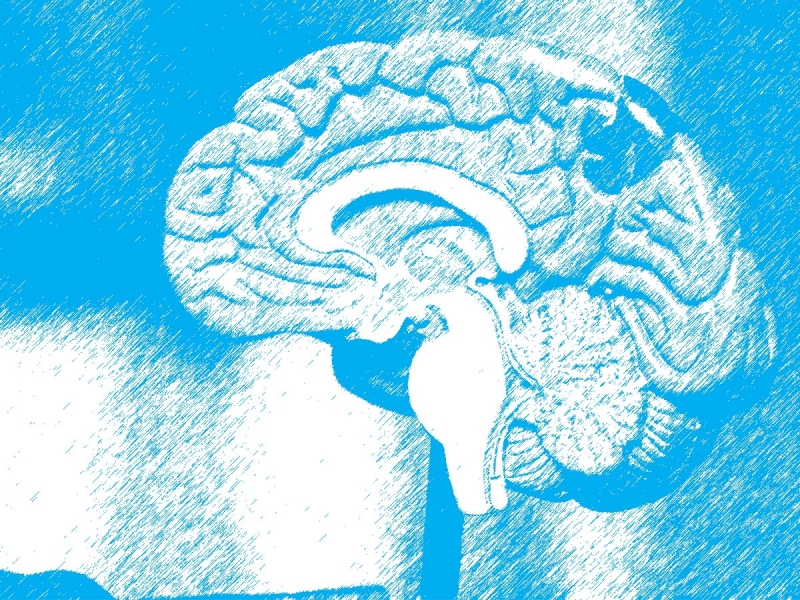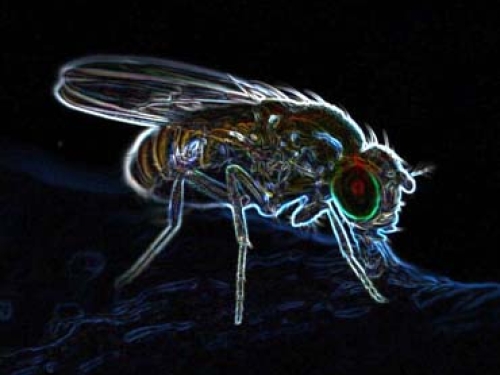NF1 stem cell research study
02 March 2022
Children with NF1 are more likely than others to have difficulties related to autism spectrum disorder but we don’t know why.
My research, as a PhD student at the University of Manchester, is hoping to uncover some hidden clues as to what may be happening during human brain development in those with NF1.
Together with Prof. Susan J Kimber and Dr. Shruti Garg (my supervisors), we have been growing brain cells (neurons) in a dish to try and find out what is unique about cells with NF1 and those without.
To do this, we have taken blood cells from children with NF1 and Autism, as well as their unaffected relatives, and transformed them into special cells known as ‘induced pluripotent stem cells (hiPSCs)’.
These are stem cells that hold the potential to turn into any cell from the body. By adding certain chemical cues in the food of these cells, we are able to successfully guide them through early brain development. It is important to note that these are very immature cells, that do not have a conscience nor the capacity to think.
Currently, we are trying to find out how the brain development in NF1 may be different to those who do not have NF1.
We have focused this project on very early stages of brain development. Early results are suggesting that some, but not all, NF1 neurons grow differently to unaffected neurons, and this may change the way these cells talk to each other. But, a lot more research is required to fully decipher this puzzle.
We hope that by understanding how these cells develop differently to cells without NF1, we will be able to identify new treatments for NF1 related cognitive and behaviour problems. This research may also help uncover more general clues about autism spectrum disorder itself.
I would like to thank the Medical Research Council for funding this work. If you would like to contact me with any further questions, please email me at: Julieta.oflaherty@manchester.ac.uk



_370x280_500_375_s_c1.jpg)


